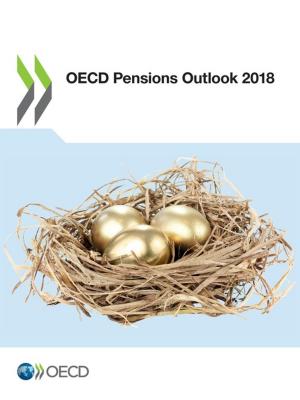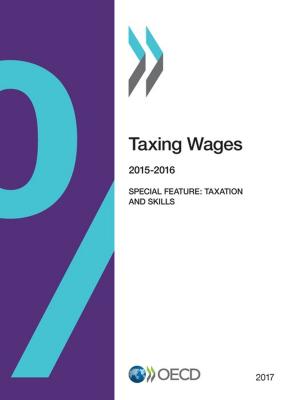| Author: | Collective | ISBN: | 9789264079663 |
| Publisher: | OECD | Publication: | July 9, 2010 |
| Imprint: | OECD | Language: | English |
| Author: | Collective |
| ISBN: | 9789264079663 |
| Publisher: | OECD |
| Publication: | July 9, 2010 |
| Imprint: | OECD |
| Language: | English |
The markets for goods and services have undergone significant changes over the past 20 years. Regulatory reform, more open global markets, new technologies, and growth in the role of services in economic activity have driven the changes, which in many instances have provided significant benefits to consumers. Relatively little attention has been paid to the challenges these developments have posed for consumers. More choice and more complexity in many markets have made it increasingly difficult for them to compare and assess the value of products and services. The challenges for consumers have raised similar challenges for the government authorities responsible for protecting them from unfair commercial practices and fraud. This book examines how markets have evolved and provides insights for improved consumer policy making. It explores, for the first time, how what we have learned through the study of behavioural economics is changing the way policy makers are addressing problems.
The markets for goods and services have undergone significant changes over the past 20 years. Regulatory reform, more open global markets, new technologies, and growth in the role of services in economic activity have driven the changes, which in many instances have provided significant benefits to consumers. Relatively little attention has been paid to the challenges these developments have posed for consumers. More choice and more complexity in many markets have made it increasingly difficult for them to compare and assess the value of products and services. The challenges for consumers have raised similar challenges for the government authorities responsible for protecting them from unfair commercial practices and fraud. This book examines how markets have evolved and provides insights for improved consumer policy making. It explores, for the first time, how what we have learned through the study of behavioural economics is changing the way policy makers are addressing problems.















